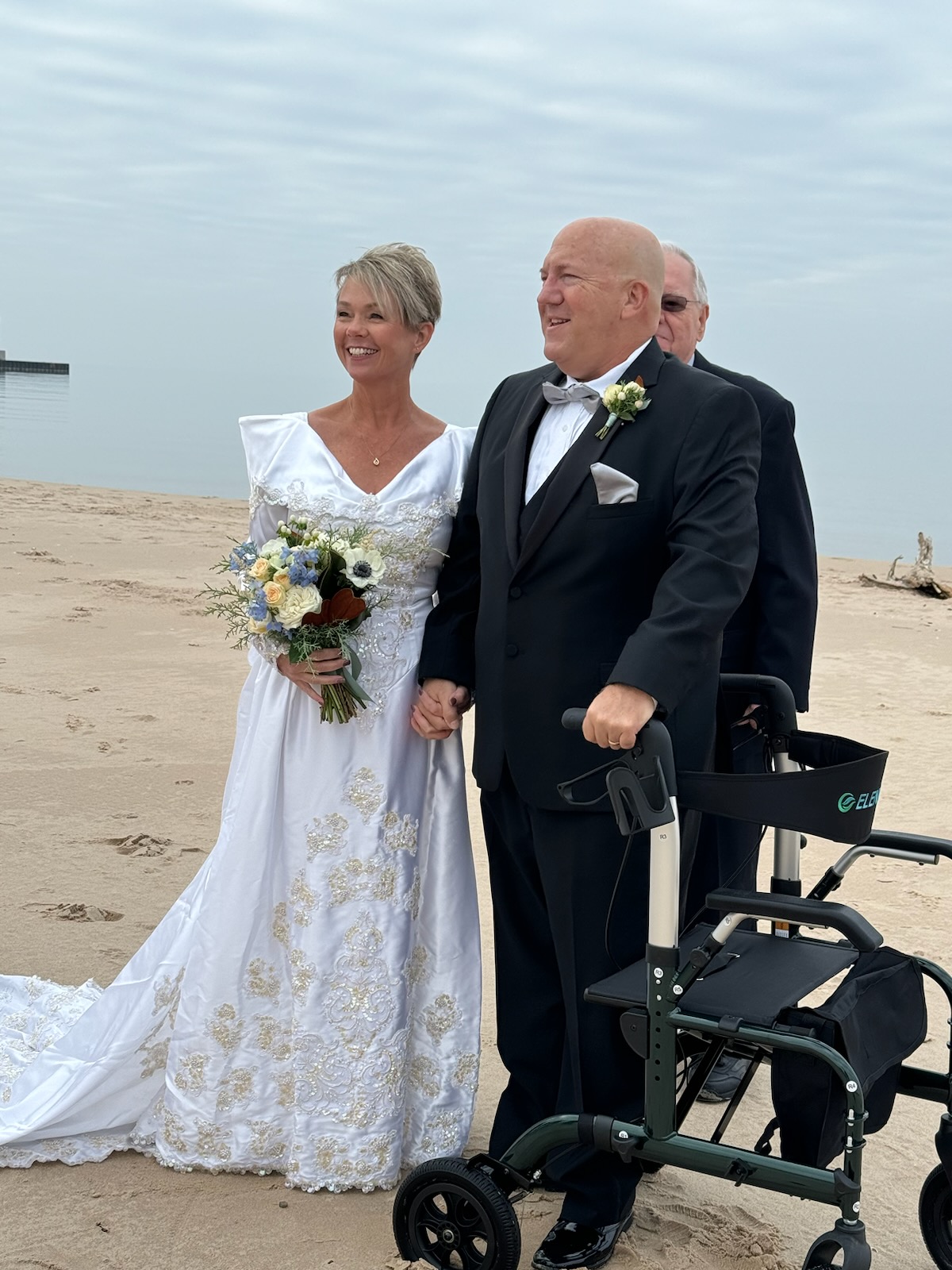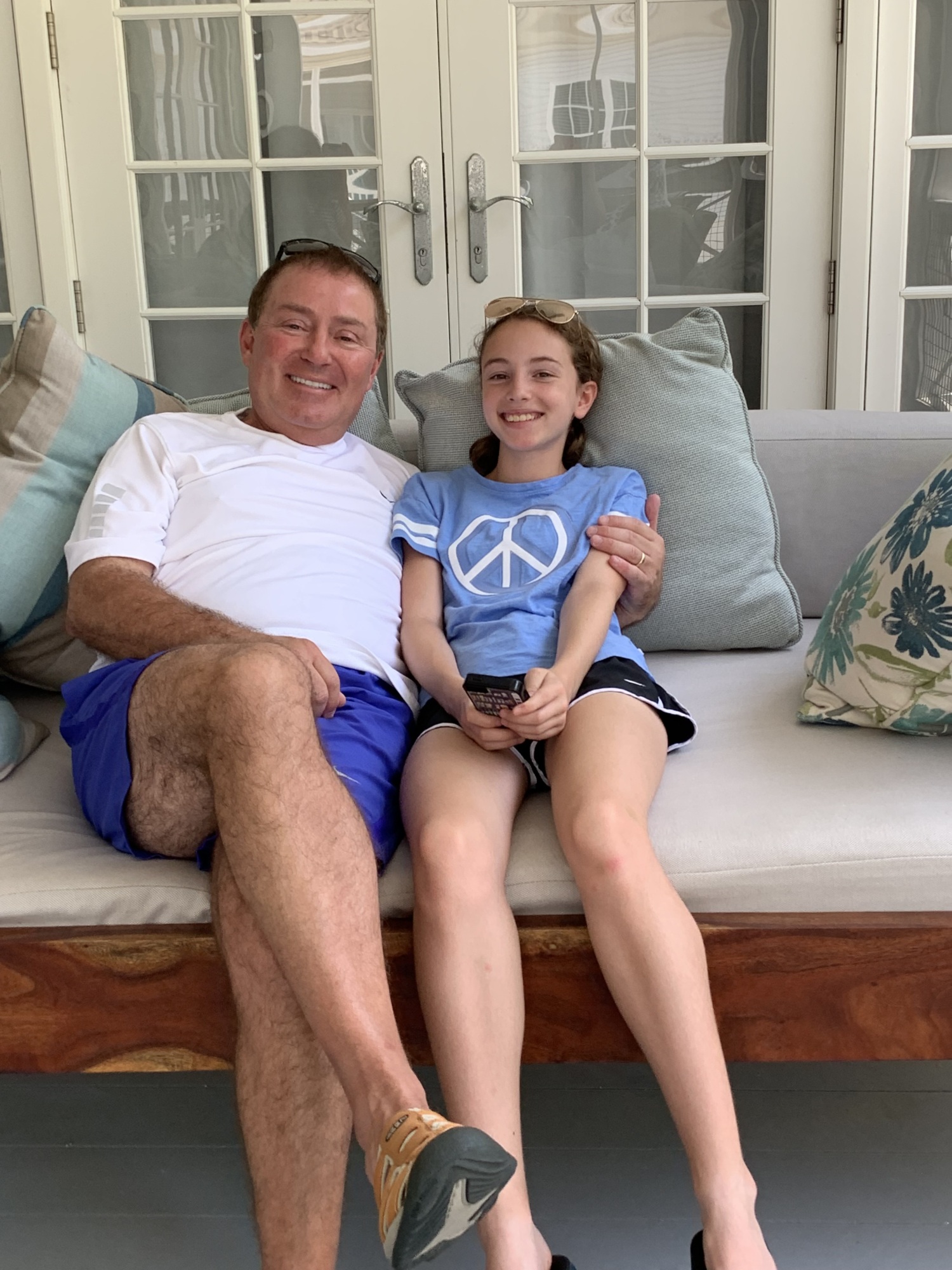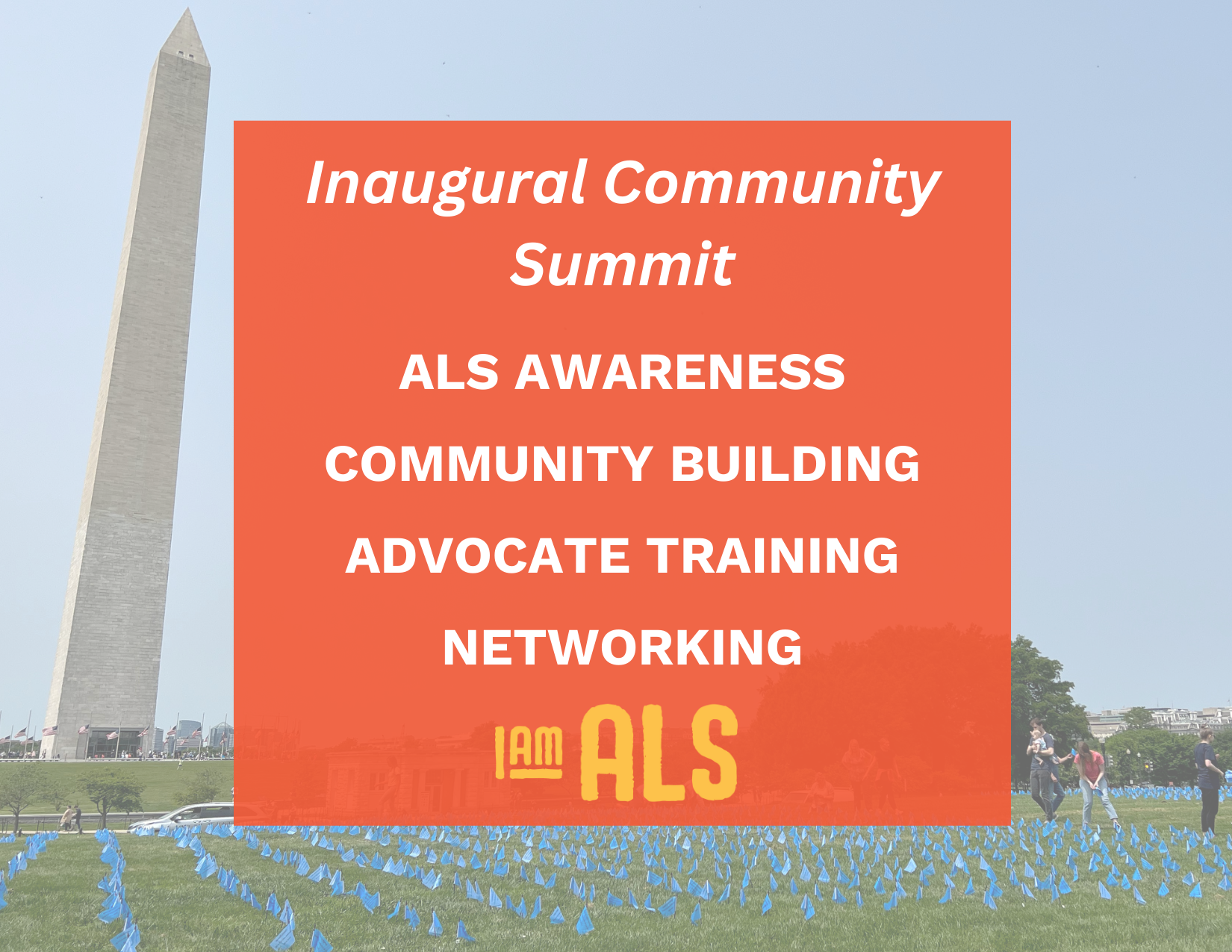
I am Dan Keuning
living with ALS
Michigan
Hospice patients know very well that their time is limited, and every moment they get to spend with their loved ones is a gift and a blessing. Both of you will benefit from every last moment shared.
Good morning ALS friends and family,
Three weeks ago we signed me up for hospice care at home. The combination of FTD & ALS is wearing me down. Breathing weakness and generally worse fatigue was the trigger. My prognosis is less than 6 months but that is just a challenge for me to break that barrier and many more! My daughter Kylie Keuning and Cam Hinger will be getting married in July in Colorado so that is a BIG goal.
Generally, it’s understood that when a person needs hospice care, they have a life expectancy of six months or less. This type of care aims at providing comfort to the patient rather than seeking a cure. It involves all aspects of patient care from pain relief, emotional support, to spiritual well-being.
Hospice care also provides respite to those caring for the patient. These short breaks from patient care allow the caregiver rest to support their emotional and physical well-being. Transitioning to hospice care can be hard for your loved one to accept. You might also find it hard to figure out what to say to someone in hospice.
What You Can Say to a Loved One in Hospice Care
The following suggestions might be of some help to you in finding the right words to say.
1. When you acknowledge that someone is dying, it honors your relationship with them. Just because someone is dying, it doesn’t mean that they’ve all of a sudden become this different person. Most people who are dying don’t want to be treated as if they’re already dead.
Making an effort to maintain as close a relationship to the one you had before without tip-toeing around the subject of death is important. It’s ok to talk about it and ask questions concerning their diagnosis and prognosis.
But it’s not ok to dwell on it and make it the only topic of conversation. Your loved one would just as much want to talk about the weather and traffic than about them dying. As difficult as this may be for you emotionally, try to bring in a ray of hope with you to your visits.
2. Having a genuine conversation with your loved one needn’t be such a tough thing to do. Keep reminding yourself that you’re there to visit a loved one who is very much alive. You can talk about anything under the sun that strikes you. Mostly hunting and fishing stories!
The point here is to keep things lighthearted. Conversations don’t always have to be so structured and serious. You both know your loved one has reached the end of their life. There’s no need to dwell on that fact.
Instead, have a conversation. Pull out your cell phone and share pictures and memories. Laugh a little. Cry if you must.
3. Share memories and treat every visit and every moment with your loved one like the gift that it is. When you spend time together, find ways to keep yourselves entertained so as to avoid awkward silences. Share some fun by going down memory lane.
You can talk about your favorite memories with them. I have an amazing memory usually of the naughty stuff!
4. Explore faith because we will all face this day someday and need to be ready. Comfort in talking and exploring my personal beliefs. Consider lightly touching on these subjects to see what they think. You may find that as a person faces death, they become more open to sharing their beliefs and having these discussions.
5. Give truthful updates not gossip.
Your loved one most likely wants to be a part of your life as you do theirs. Come prepared for your visits with lively updates on how everyone’s doing.
If not, the Weather Channel will fill in.
6. Include them in your life.
When you include someone in your life, you allow them access into areas that aren’t for everyone to see. Maybe it’s time that you shared with your loved one parts of you that you’ve kept hidden in the past.
This doesn’t always refer to traumas that you’ve experienced in life. It can also include things like personal accomplishments, acts of kindness, and charity. Maybe no one ever knew that you’ve traveled by yourself to several countries, or that you were once the lead singer in a garage band. Whatever it is, share parts of your life that are interesting and little-known facts about you.
Share how we met and kept in touch. This can be done on Facebook messenger or phone or in person.
7. Don’t let fear get in the way. Sometimes we are so consumed with the fear of losing someone we love that we fail to act when given the opportunity. You may find yourself frozen in fear of death and the dying process that you keep putting off visiting your loved one. Consider how they might feel, waiting each day wondering if that’s the day they’ll get to see you. And then you don’t show up yet again.
On the other hand, maybe it’s not fear of death that’s keeping you away. But the fear of not knowing how to reconcile a strained relationship. You may be feeling the contention behind every word spoken and every thought processed.
If this is happening to you, consider the following:
Not everyone gets the opportunity to say a final goodbye
This could be your opportunity to make amends
You have an opportunity to tell your loved one how they impacted your life and what they mean to you
You can show your loved one kindness so they can die in peace
You can both gain closure. I know I have hurt people in my life unintentionally and may just reach out to talk and say I’m sorry.
8. Talk through touch.
You can still communicate through the power of touch. Try holding your loved one’s hand, or placing your hand on their arm as you continue to talk to them.
The sound of your voice and the feel of your touch can be very soothing to someone who’s dying. Try not to take it personally if you spend the better part of your visit providing comfort care to your loved one.
Sometimes it’s challenging to find the right things to say to someone in hospice care when you’re with them in person. Many people clam up and find themselves at a loss for words. Most often, it’s because their emotions get the better of them, and they don’t want to cry in front of their loved ones.
Other times, they don’t know what to say because saying the right thing under these circumstances seems elusive. The following examples aim to make things easier for you despite the difficulty of the situation. Write a short text message. It aims to bring a smile to your loved ones while letting them know you’re thinking of them. Facing the end of life can be an incredibly isolating and lonely experience for a person in hospice care.
A short and simple message reminds them they still matter and someone out there is thinking of them. This greeting doesn’t require a response, and it places no pressure on your loved one to come up with a brilliant and witty reply, especially when they may not be feeling up to it.
9. “Wishing you a beautiful day filled with warm thoughts.”
A little bit of hope for a beautiful day can help your loved ones get through what may otherwise be an emotionally trying day. Getting a card with encouraging words can give your loved ones hope and meaning in their remaining days.
10.”Sending you a reminder that I’m stopping by after work.”
Your loved one probably doesn’t need a reminder that you’ll be stopping by, as they’re probably already counting the hours until they see you. But, when you send this text, rest assured you’ll bring a smile to their face or sparkle to their eyes with the anticipation of your visit. I usually forget about things throughout the day so this helps.
Hospice patients know very well that their time is limited, and every moment they get to spend with their loved ones is a gift and a blessing. Both of you will benefit from every last moment shared. And a simple text message is all it takes to let your loved one know how much spending time with them matters to you.
What NOT to Say to a Loved One in Hospice Care!
As with all delicate situations, you’ll want to avoid saying anything offensive or insensitive to your loved one facing the end of life and in hospice care. Find ways to express your pain and regret that don’t include language your loved one can interpret as final and giving up hope.
Many people nearing the end of their life still want to remain hopeful until their last breaths. When you express your sympathies and regrets too soon, you wipe out any remaining hope they may have. This can be the case even though they know and understand their circumstances. In that breadth, here are some things to avoid saying to someone you know and love who’s in hospice care.
“I already miss you so much.”
Telling a dying patient that you already miss them is one of the worst things you can say to them. They haven’t gone anywhere, and they’re still very much alive for you to have the opportunity to spend time with them. There isn’t any reason for you to already miss them when you have the gift of time remaining.
When you say to someone facing the end of their life that you already miss them, your thoughts and sentiments may be in the right place. However, your words are hurtful because you’ve already dismissed them even though they’re still here with you. Instead, express how much you’ll miss them when they’re gone but how meaningful every moment spent with them is to you.
“I can’t believe you’re leaving me.”
Try not to make your loved one’s situation about you when expressing how you feel. Letting your dying loved one know how their health decline affects you emotionally is entirely natural and normal. However, voicing your disbelief and disappointment in your loved one dying is selfish and insensitive. Your loved one probably doesn’t want to leave you as much as you don’t want them to die, but they’ve reached the end of their life and can’t change their circumstances.
Your words can leave your loved one feeling guilty for dying, ashamed for abandoning you, and heartbroken for letting you down. Try telling them, “although it’s difficult accepting that you’re leaving me, I understand that each of us is here for only a limited time.”
“I’ll stop by tomorrow. I can’t make it today.”
Telling a dying loved one that you can’t take the time to see them is similar to telling them that they’re not that important to you. When you promise a dying person that you’ll stop by to see them, try keeping that promise at all costs because it may be the last opportunity to spend time with them.
Instead of canceling your plans, try your best to fit a short visit in before your other engagement or obligation. You can offer the following: “I regret that something pressing has come up, and I’ll have to limit the time we spend together today. However, I hope to make it up to you as soon as possible.”
Saying the Right Words….
We all have to learn how to say goodbye to someone we love. People you love eventually die, and you’ll experience the pain of that loss when the time comes. Finding the right words to say can bring peace and comfort to you both during this emotionally difficult time.
Before I forget… “I love you”
Dan

